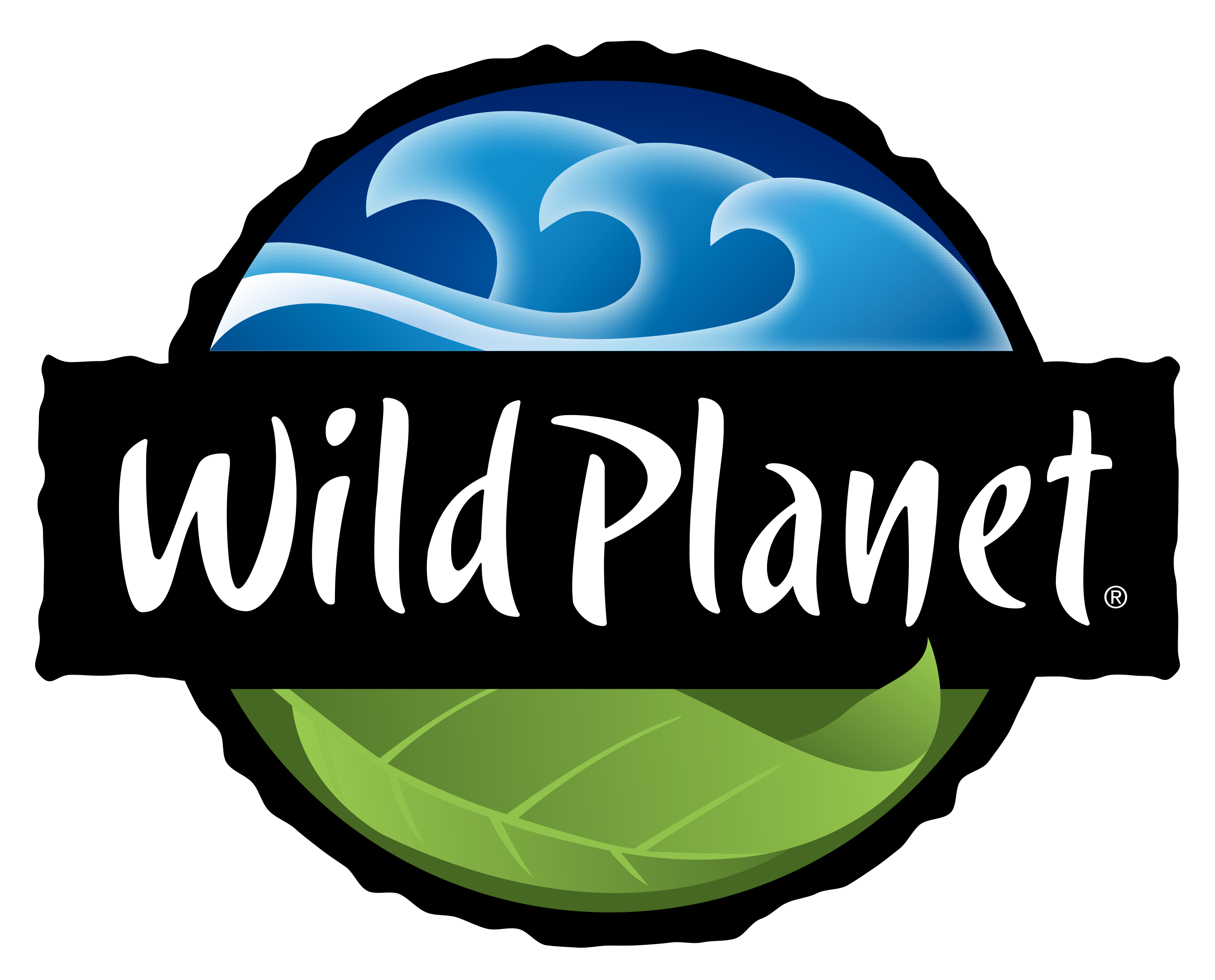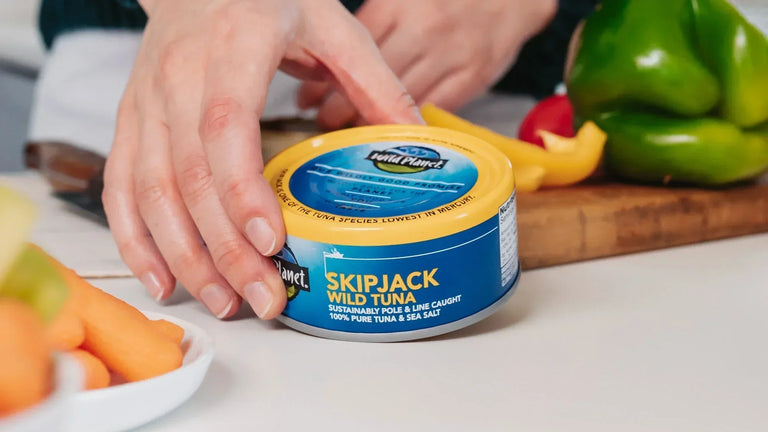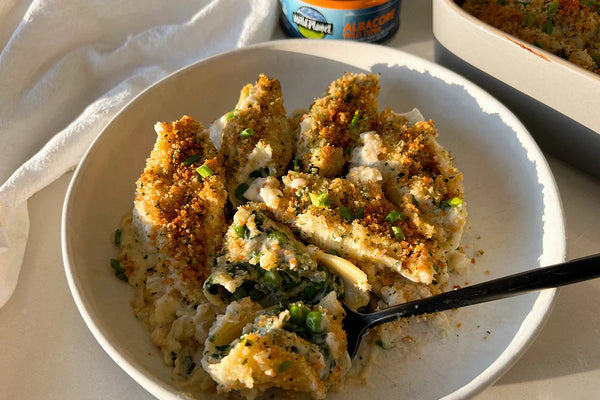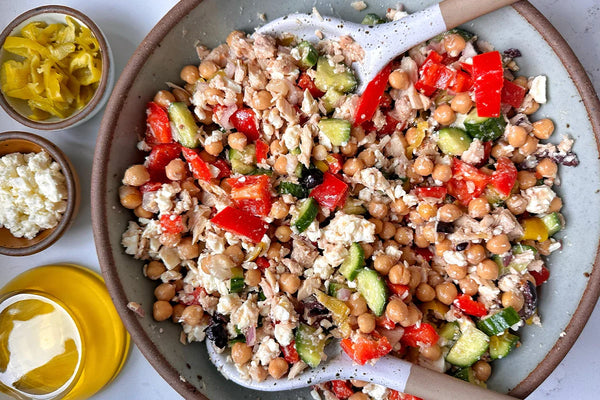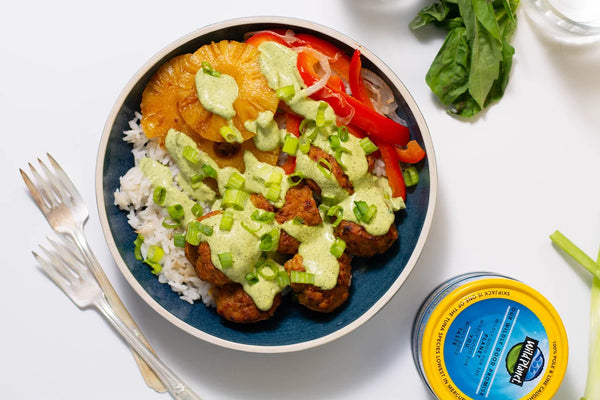
#1: Seafood Provides Essential Nutrients for Your Baby's Development
During pregnancy, your nutritional needs increase dramatically. Seafood emerges as a nutritional powerhouse packed with essential nutrients critical for fetal development. According to the FDA, consuming 8-12 ounces of seafood weekly during pregnancy can significantly enhance your baby's cognitive development and reduce pregnancy complications.
Omega-3 Fatty Acids: Brain-Building Essentials
The omega-3 fatty acids in seafood, particularly DHA and EPA, are vital building blocks for your baby's brain and eye development. Research from the National Institute of Child Health and Human Development shows that children whose mothers consumed adequate omega-3s demonstrated better problem-solving abilities and enhanced visual recognition memory.
Mineral Powerhouse for Two
Seafood provides a unique combination of minerals particularly important during pregnancy:
- Iodine supports proper thyroid function, crucial for brain development
- Iron-rich fish varieties help prevent maternal anemia
- Selenium acts as a powerful antioxidant, protecting both you and your baby
Complete Protein Profile
Unlike many other protein sources, fish offers a complete amino acid profile that helps maintain maternal muscle mass while supporting your baby's tissue development.
Key Benefits at a Glance
- Brain Development: DHA supports cognitive function and neural tube formation
- Immune Support: Essential minerals strengthen both maternal and fetal immune systems
- Energy Levels: High-quality protein provides sustained energy
- Birth Outcomes: Regular consumption reduces preterm delivery risk
- Visual Development: Essential fatty acids support eye development
Your seafood choices impact both your baby's development and our planet's health. Wild Planet products exemplify this dual benefit, providing essential nutrients while supporting ocean conservation through responsible fishing practices.
#2: Understanding Mercury Levels Is Key to Safe Consumption
Understanding mercury levels isn't just about avoiding certain fish. It's about making informed choices that benefit both mom and baby. The key lies in knowing which species contain lower mercury levels and how to incorporate them into your weekly meal planning.
Smart Choices for Safe Consumption
The size and feeding habits of different fish species directly impact their mercury content:
- Smaller fish like sardines and salmon naturally accumulate less mercury
- Wild-caught options often contain lower mercury levels
- Location plays a crucial role in mercury concentration
Making Informed Decisions
At Wild Planet, we ensure your selection process is simple by conducting regular mercury testing and providing transparent sourcing information on every package. Our commitment to transparency means each product carries detailed information, giving you complete confidence in your seafood choice.
Essential Guidelines for Mercury Management
- Low Mercury Champions: Skipjack tuna, salmon, and sardines provide safe protein sources
- Portion Control: Limit yellowfin tuna to 6 ounces weekly
- Testing Verification: Look for third-party testing verifications
- Source Matters: Choose wild-caught options from reputable waters
- Track Intake: Keep a weekly log of seafood consumption
Creating a sustainable meal plan that incorporates pregnancy-safe seafood doesn't have to be complicated. Focus on 2-3 servings of low-mercury fish weekly, spacing them throughout your meal schedule.
#3: Tuna Can Be a Healthy Choice When You Follow These Guidelines
Tuna remains a nutritional powerhouse for expecting mothers when consumed according to specific guidelines. According to the FDA's latest recommendations, pregnant women can safely enjoy tuna by following species-specific consumption recommendations.
Understanding Different Tuna Species
The Environmental Defense Fund reports that skipjack tuna typically contains three times less mercury than yellowfin varieties, making it a preferred choice during pregnancy. This knowledge empowers expectant mothers to maximize nutritional benefits while minimizing potential risks.
Weekly Serving Guidelines Matter
The American Pregnancy Association recommends different serving sizes based on tuna species:
- Skipjack tuna: Up to 12 ounces weekly
- Yellowfin tuna: Limited to 6 ounces per week
- Albacore tuna: Limited to 4 ounces per week
Tracking weekly intake becomes essential for maintaining these guidelines. Wild Planet's clearly labeled products help identify sustainable options while providing precise serving information for accurate monitoring.
#4: Proper Preparation and Storage Ensures Seafood Safety
Proper seafood handling during pregnancy protects both mother and baby while ensuring you receive full nutritional benefits. Choosing sustainably sourced seafood, like pole & line caught skipjack tuna from Wild Planet, helps meet nutritional needs while adhering to food safety standards.
Kitchen Setup for Safe Handling
Create a dedicated seafood preparation area in your kitchen to prevent cross-contamination:
- Use separate cutting boards and utensils for seafood preparation
- Maintain strict temperature control, keep raw seafood at or below 40°F
- Use raw seafood within two days of purchase
- Keep raw fish separate from other foods
- Wash hands thoroughly before and after handling
Temperature Control Matters
Achieving the right cooking temperature eliminates harmful bacteria while preserving nutrients:
- Cook seafood to an internal temperature of 145°F (CDC recommendation)
- For tuna, cook until flesh becomes opaque and flakes easily
- Explore cooking methods like baking, grilling, or poaching
Smart Storage Solutions
Proper storage extends beyond initial preparation:
- Refrigerate cooked seafood within two hours
- Store seafood on the bottom shelf of your refrigerator
- Label containers with preparation dates
- Keep unopened canned tuna in a cool, dry pantry away from sunlight
#5: Choosing Sustainable Seafood Benefits Your Baby and Our Oceans
Choosing sustainable seafood creates a meaningful dual benefit that nourishes your baby while protecting our oceans. Wild-caught fish like our pole & line caught skipjack tuna, deliver essential nutrients while ensuring healthy marine populations thrive.
Nutrition and Ocean Conservation Connection
Studies from the Monterey Bay Aquarium Seafood Watch program show that smaller fish species, typically more sustainably harvested, often contain lower mercury levels while maintaining high nutrient levels. These fishing practices also help preserve marine biodiversity, ensuring vital food sources remain available for future generations.
Choices That Nourish Your Baby and Safeguard the Seas
Making informed seafood choices during pregnancy doesn't have to be complicated:
- Follow recommendations from trusted resources like Monterey Bay Aquarium Seafood Watch
- Select products with transparent sourcing information
- Avoid high-mercury fish
At Wild Planet, we've established a clear sustainability standard. We exclusively source tuna caught using selective methods that eliminate bycatch. We believe this approach isn't just better for the oceans; it's the only truly sustainable choice for conscious consumers and growing families alike.
Seafood's Nourishing Power
Including tuna and other seafood in your pregnancy diet supports maternal health and fetal development while promoting environmental responsibility. Each Wild Planet product reflects our commitment to both nutritional excellence and marine conservation.
Your purchases make a difference, and by choosing Wild Planet, you're supporting ethical fishing practices that preserve marine ecosystems for future generations while giving your baby the best possible start in life.
